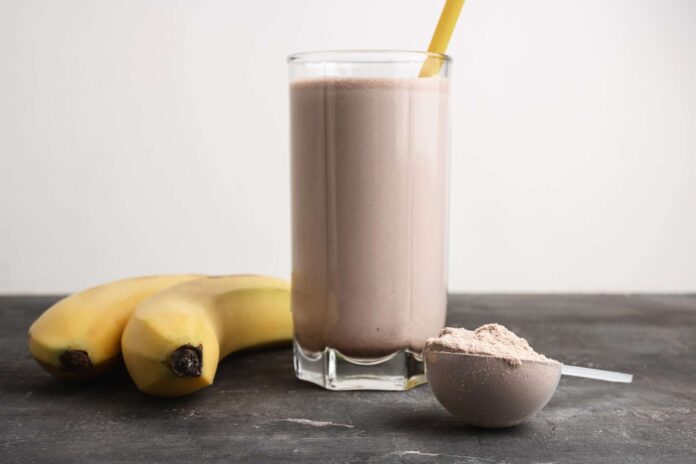Protein shakes are a convenient way to supplement your diet, typically delivering 15–20 grams of protein per serving. However, many whole foods naturally contain comparable—or even greater—protein levels, alongside essential nutrients that shakes often lack. This article breaks down 17 readily available foods that outperform many protein powders, providing a more sustainable and nutrient-rich approach to increasing protein intake.
The Protein Landscape: Why Whole Foods Matter
While protein shakes offer convenience, relying solely on them can miss out on the broader benefits of whole-food nutrition. Foods listed below not only deliver protein but also offer fiber, vitamins, minerals, and antioxidants that contribute to overall health. This holistic approach is crucial for sustained energy, muscle recovery, and long-term wellness.
High-Protein Food Sources
- Cottage Cheese: (23.5g protein/cup) A versatile option for snacks or added to meals. Rich in B12, calcium, and selenium.
- Canned Tuna: (20.1g protein/3oz) Shelf-stable and affordable, ideal for low-carb diets like keto.
- Chicken Breast: (26g protein/3oz) A lean protein source packed with B vitamins, zinc, and selenium.
- Shrimp: (20.4g protein/3oz) Nutrient-rich, with vitamin B12, selenium, and astaxanthin for cellular protection.
- Ground Turkey: (25.3g protein/3oz) Provides B vitamins and zinc for immunity.
- Canned Salmon: (19.6g protein/3oz) Rich in omega-3 fats (DHA, EPA) for inflammation regulation.
- Greek Yogurt: (25g protein/cup) Offers twice the protein of regular yogurt, plus calcium for bone health.
- Edamame: (18.5g protein/cup) A plant-based option high in fiber and folate.
- Seitan: (15g protein/3oz) A gluten-based meat substitute with a chewy texture.
- Navy Beans: (19.7g protein/cup) High in folate, iron, and magnesium.
- Tempeh: (19.9g protein/100g) Fermented soybeans providing B vitamins and minerals.
- Protein Bars: (17g protein/bar) Convenient but requires label checking for quality content.
- Lentils: (17.9g protein/cup) High in fiber, B vitamins, and essential minerals.
- Sardines: (22.6g protein/3.75oz) Tiny but packed with vitamin E, iron, B12, and calcium.
- Chicken Liver: (20.8g protein/3oz) Organ meats offering high protein and vital nutrients.
- Beef: (23.5g protein/3oz) Red meat providing high protein and iron.
- Cod: (19.4g protein/3oz) Lean fish delivering protein and essential nutrients.
Beyond the Numbers: A Holistic Approach
Choosing whole foods over solely relying on protein shakes isn’t just about hitting protein targets. It’s about maximizing nutritional density, supporting gut health with fiber, and ensuring a balanced intake of vitamins and minerals. Integrating these foods into your diet can lead to more sustainable energy, improved recovery, and long-term wellness.
Prioritizing real food is a more effective strategy than solely relying on supplements for optimal nutrition
